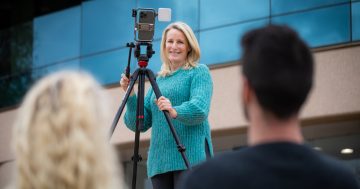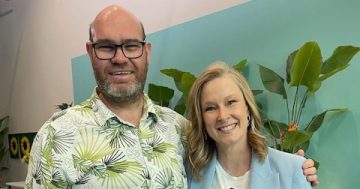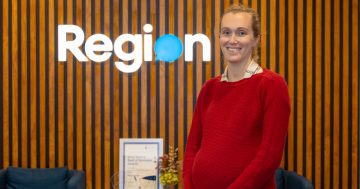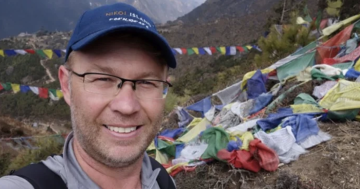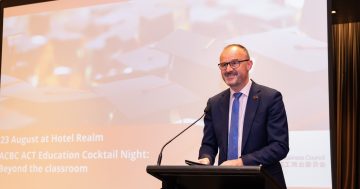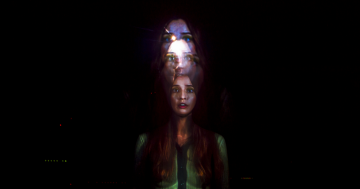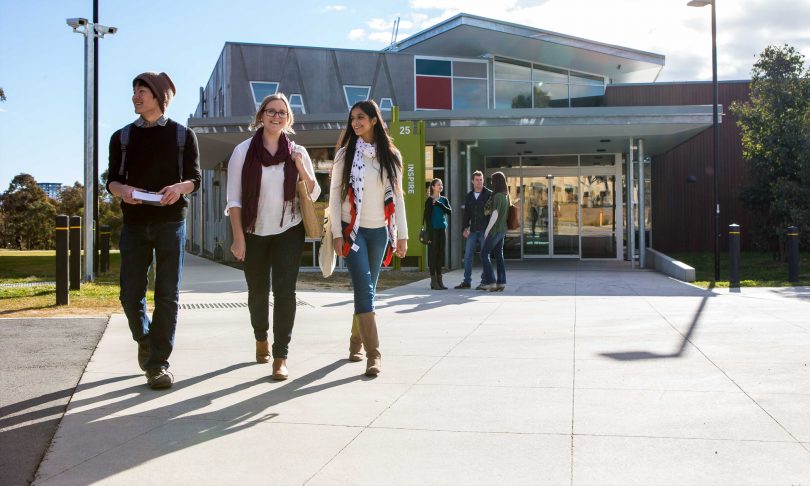
University of Canberra journalism students are keen to get industry experience. Photo: University of Canberra.
Who’d be a journalist in these days of mass redundancies, media turmoil and fake news allegations?
It’s certainly been a wild ride for the Australian press during the past decade, but lecturer Natalie Larkins, from the University of Canberra’s journalism school, says plenty of bright-eyed and bushy tailed would-be scribes are lining up to take their chances in an industry where there is never a dull day.
For the past year and a half, Region Media has been part of the UC internship program, mentoring – and sometimes hiring – a crop of final-year students who are keen to experience how a newsroom operates.
This year, we’ve been part of a digital news project along with the ABC, The Canberra Times and WIN News. Each media platform mentored a group of students through pitching ideas, implementing feedback and selection for publication across very diverse outlets.
In the next few weeks, you’ll see several of these stories appearing on the RiotACT.
While publication was a possible outcome, the experience was also about the expectations for working journalists, and getting frank and honest feedback from the real world. It can be bracing for students who have viewed media ethics as a theoretical construct and news values as a list of information to memorise, rather than an everyday decision-making tool.
“The university has a strong principle of connection with industry so they are learning the latest about what’s needed in the industry, providing graduates with the knowledge to make a difference and add value in the workplace,” says Natalie.
“That work-integrated, experiential learning process gives us an edge in providing high levels of graduate success. It’s what makes our graduates so employable.”
First-year journalism students meet members of the industry immediately through events such as professional speed dating with real journalist and news editors. As their degrees progress, there are more opportunities to work in a newsroom, culminating in mock job interviews with local industry leaders.
“The lovely thing about this generation is they have every bit of information at their fingertips, but great curiosity to learn and find out more,” says Natalie.
“They’re looking for niches, injustices and issues to shine a light on. It is really reassuring as a teacher and journalist myself that there is still that curiosity to find stories.
“The younger generation is often disparaged, but I find them really intelligent and forward-thinking. They inspire me at times.”
Not every student will become a journalist. A number of students in the current graduating class have been offered jobs in the public service, communications roles and ACT Government directorates, using transferable skills around writing engaging content and research skills.
The University of Canberra prides itself on a strong community focus, and Natalie says it’s very satisfying to see students heading off to make a difference, whether they remain local or develop national or even international careers.
“These days, every news outlet is fighting for attention, for readers, listeners and viewers,” she says.
“Being able to cut through with engaging writing, feeding off that knowledge and experience they’re working with has produced more rounded individuals with great careers ahead of them.”












